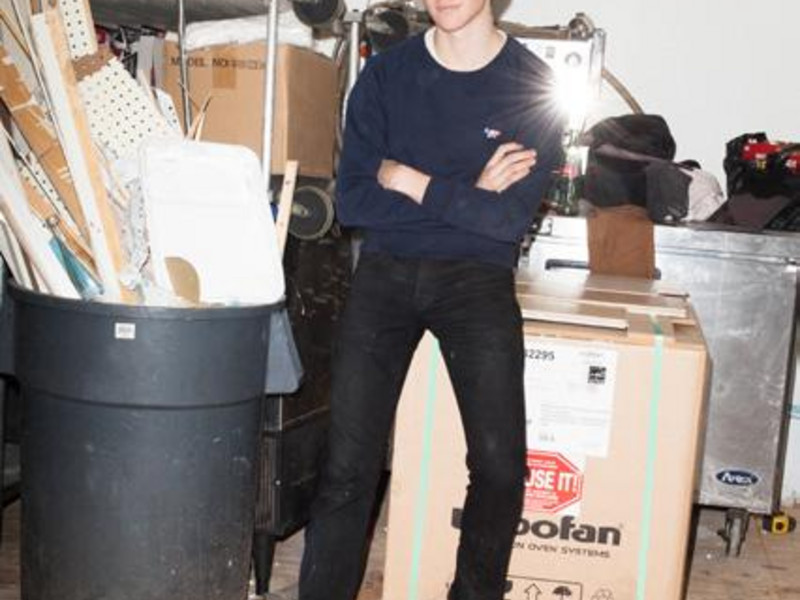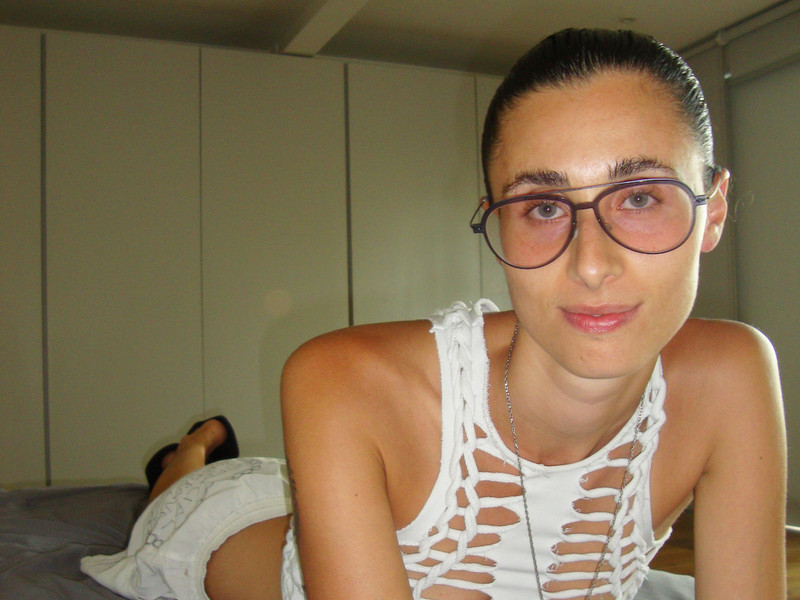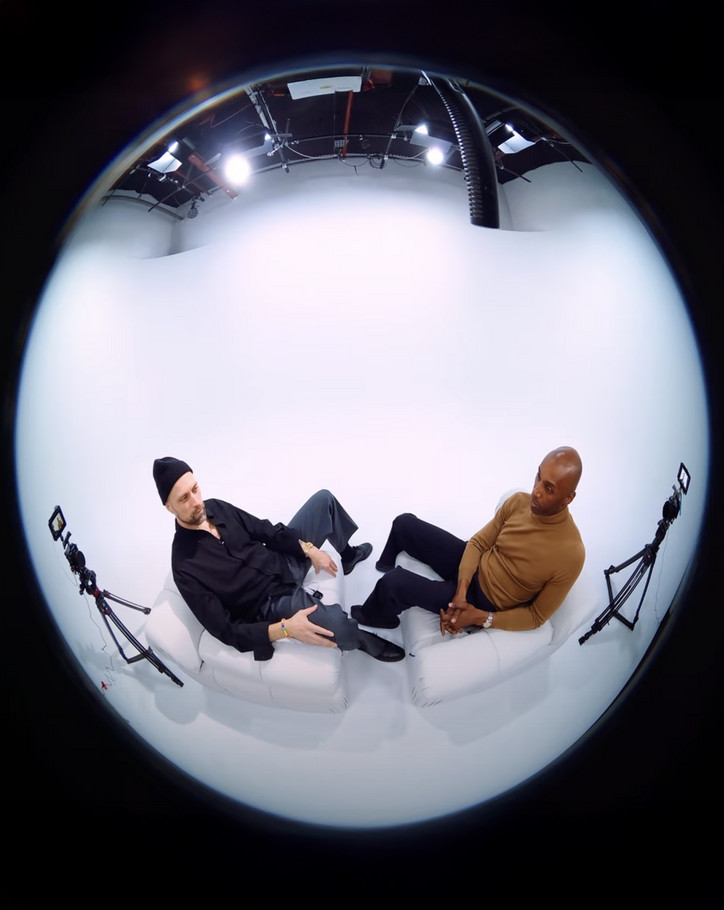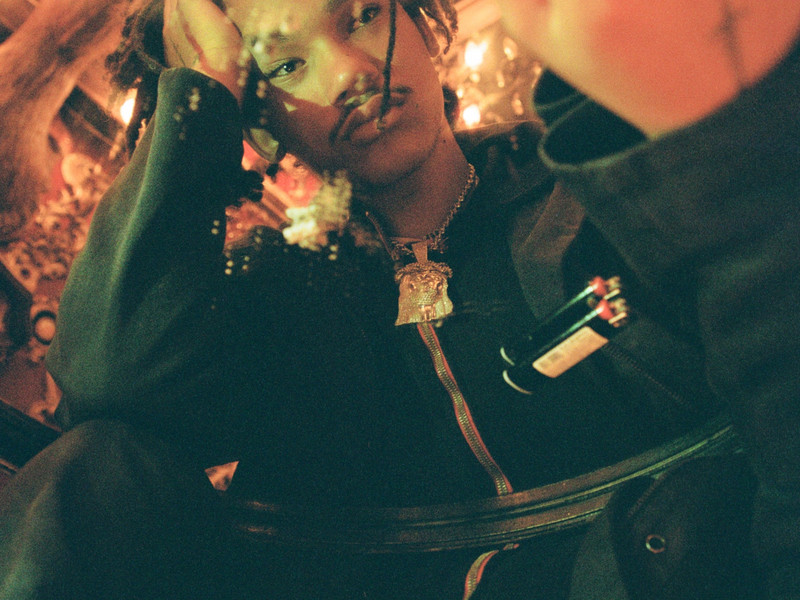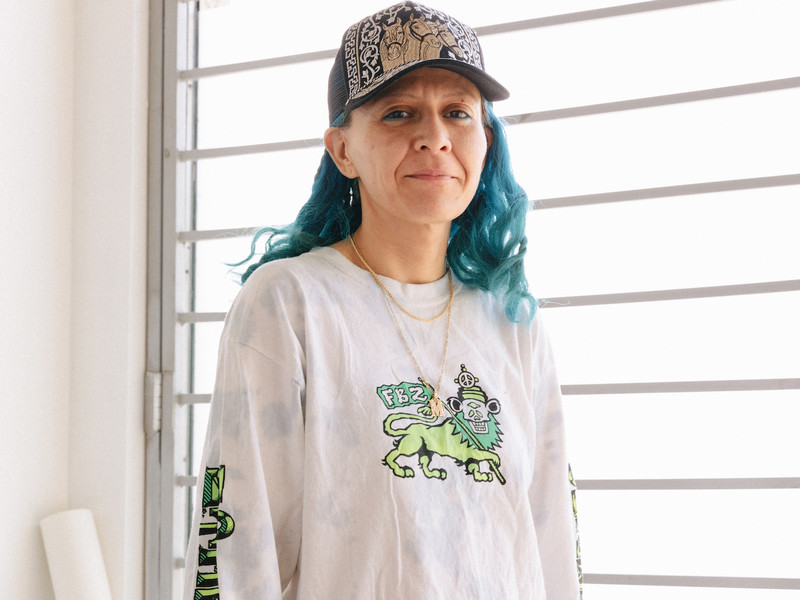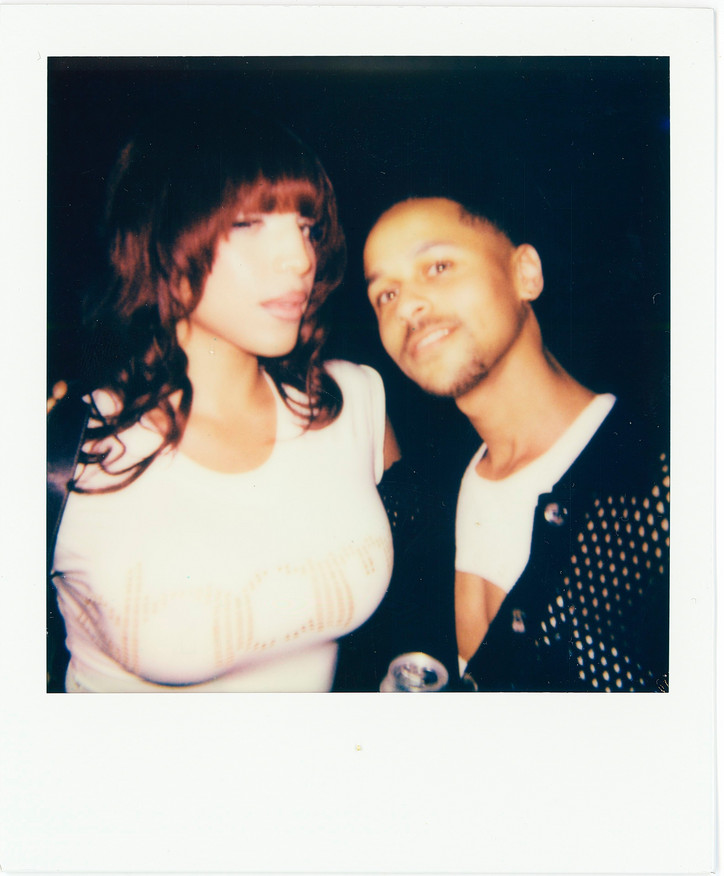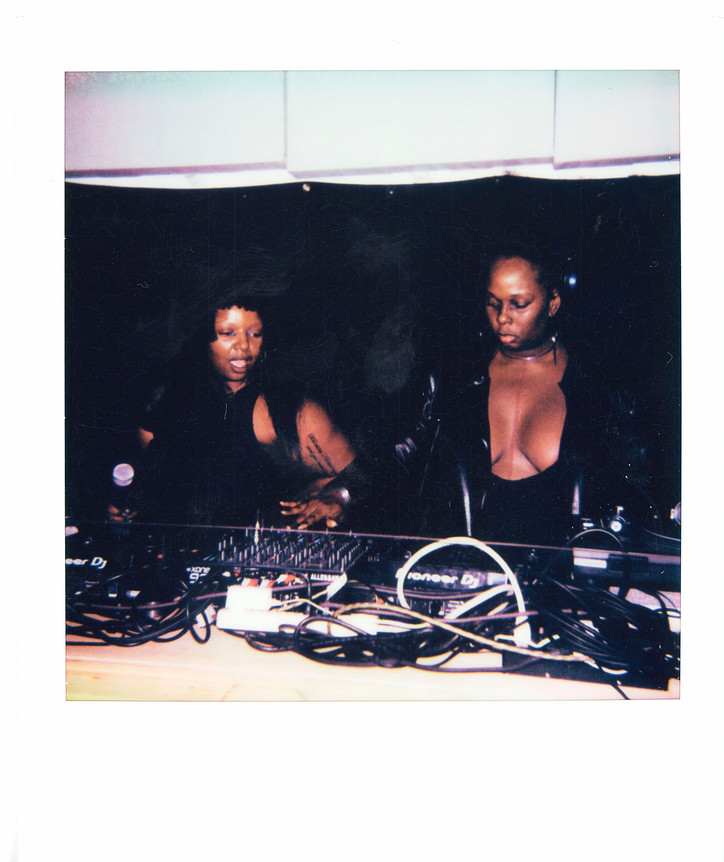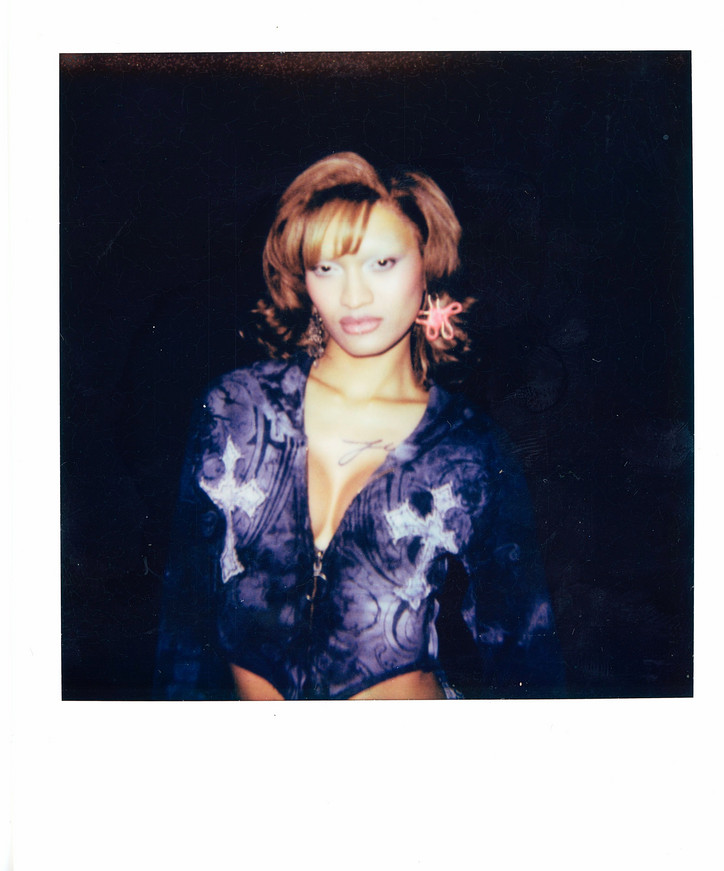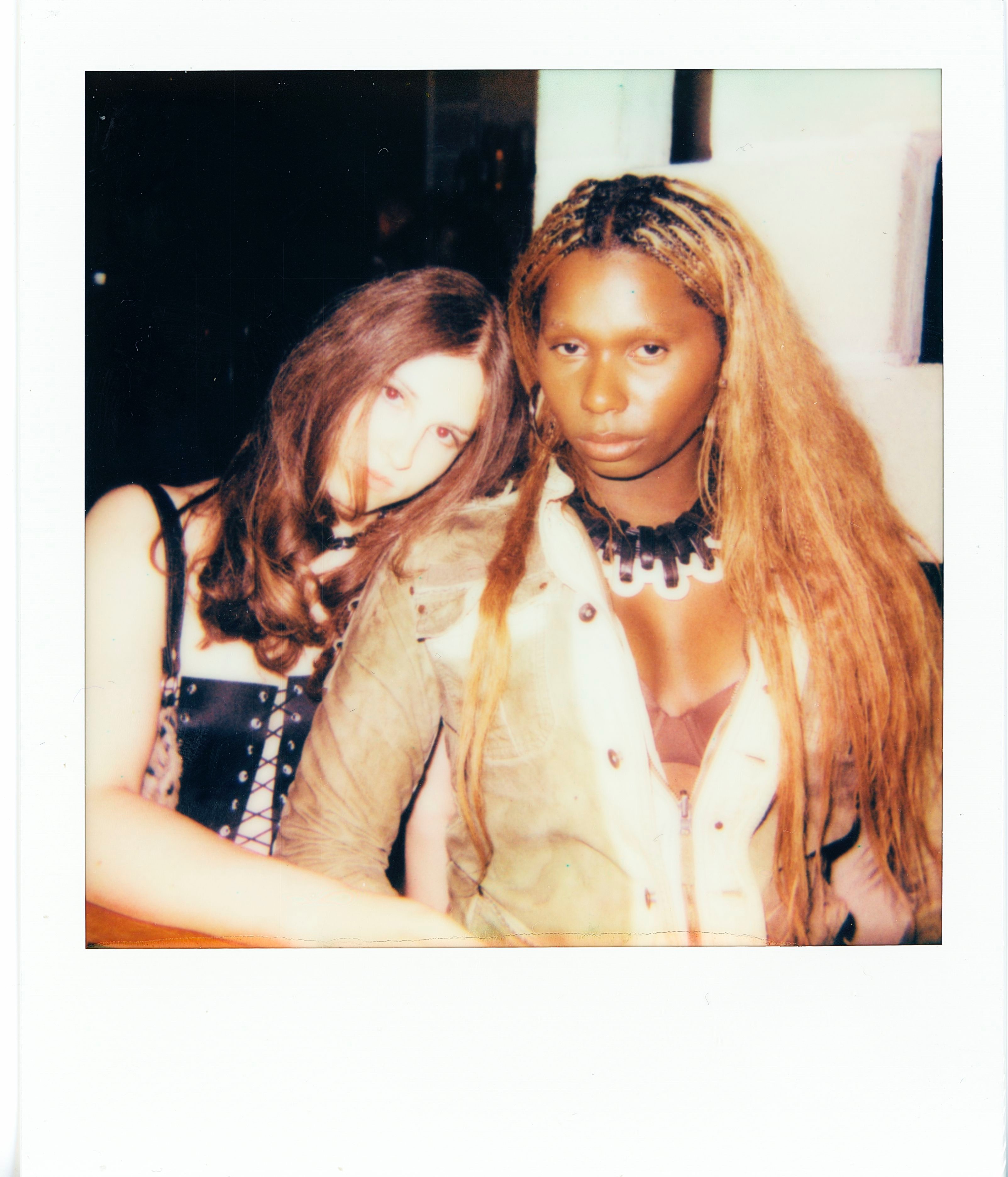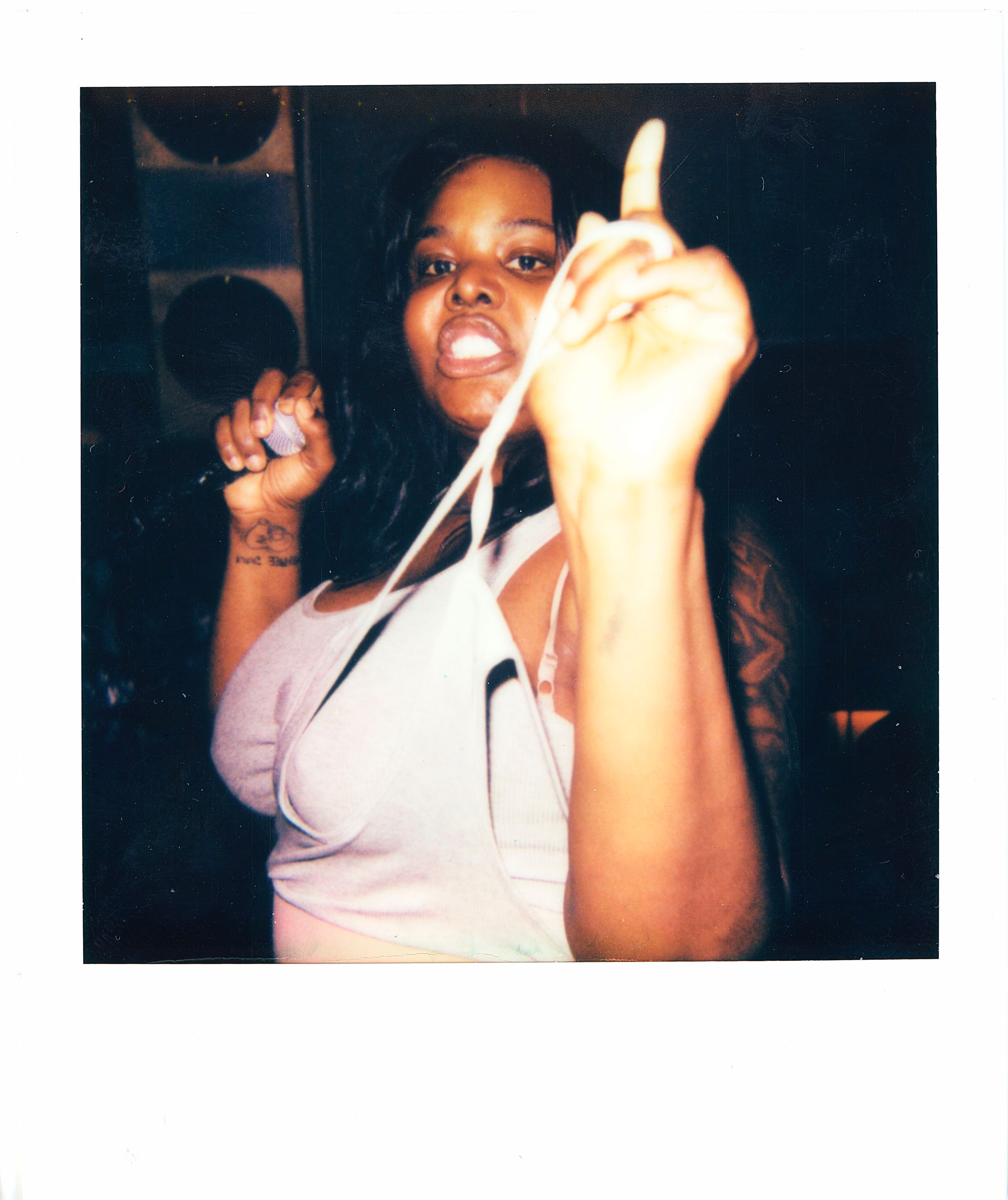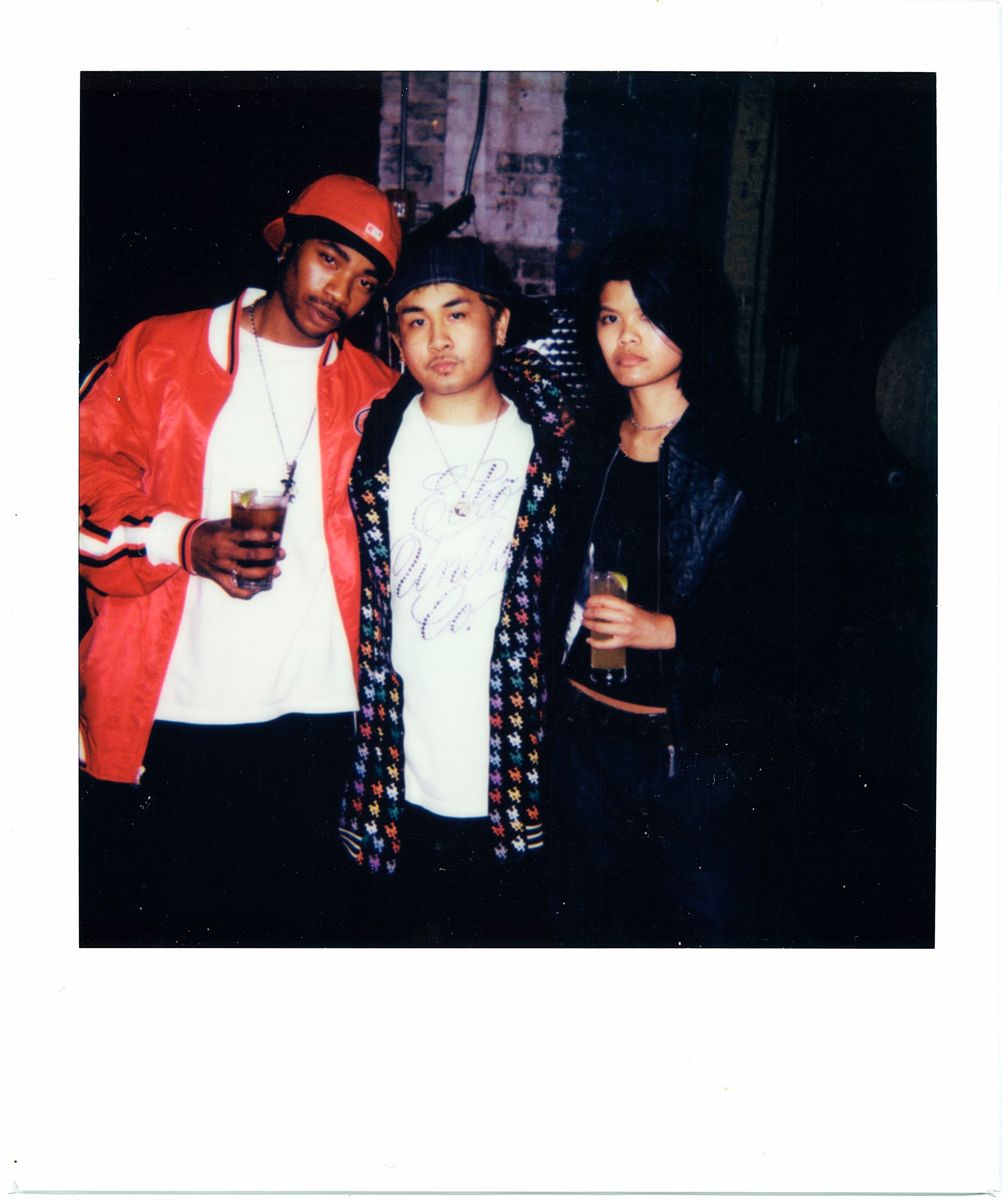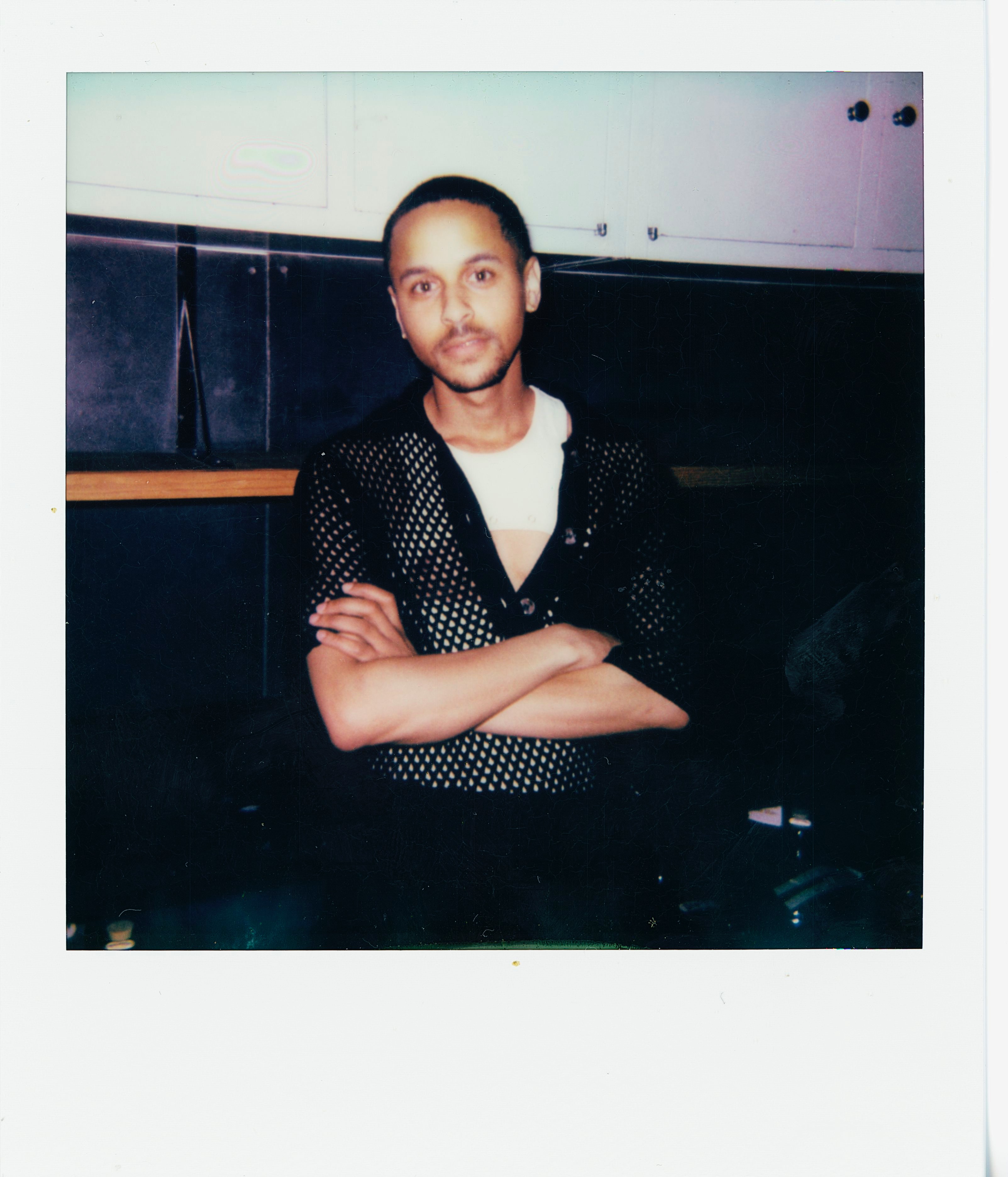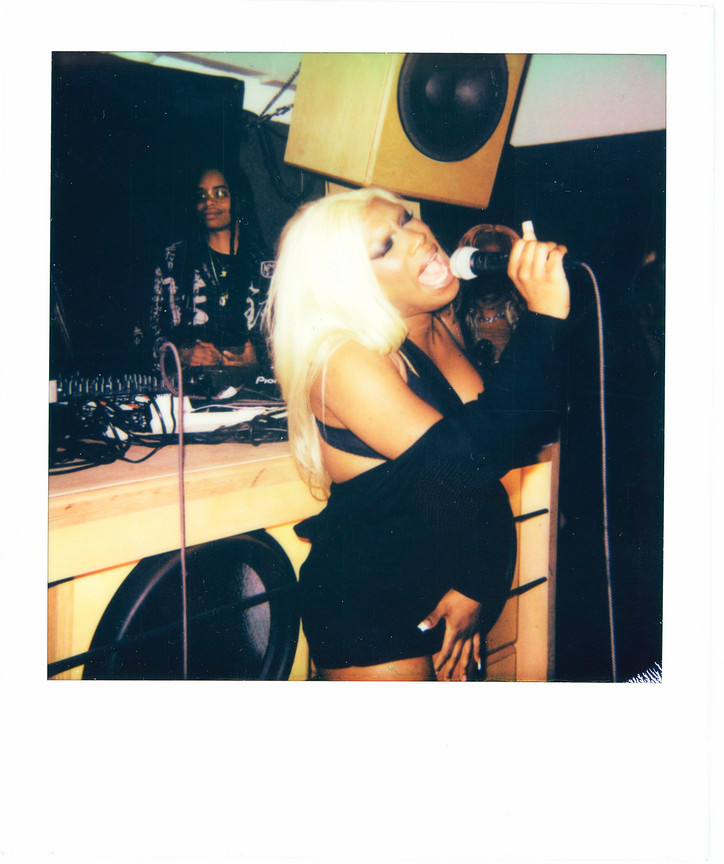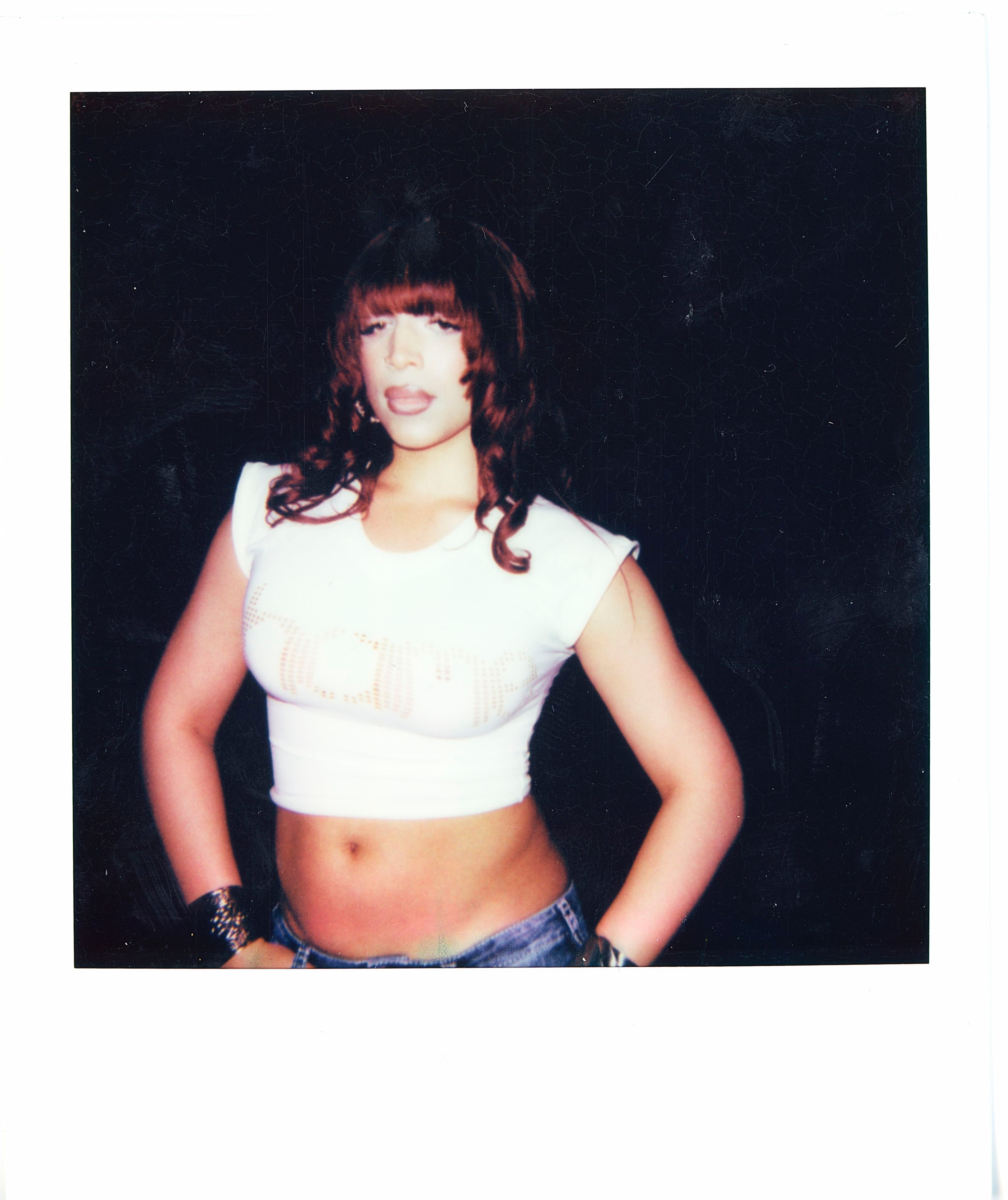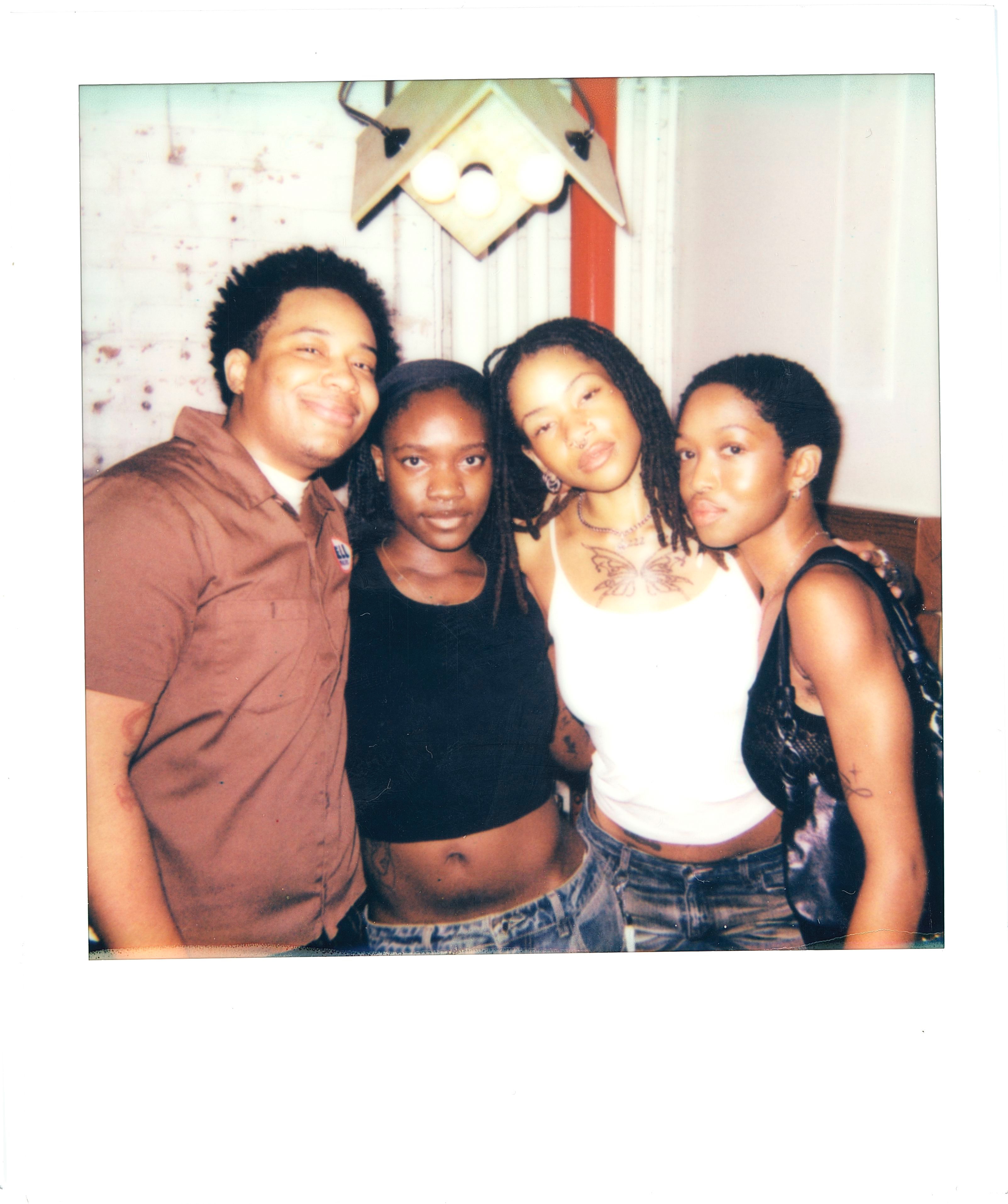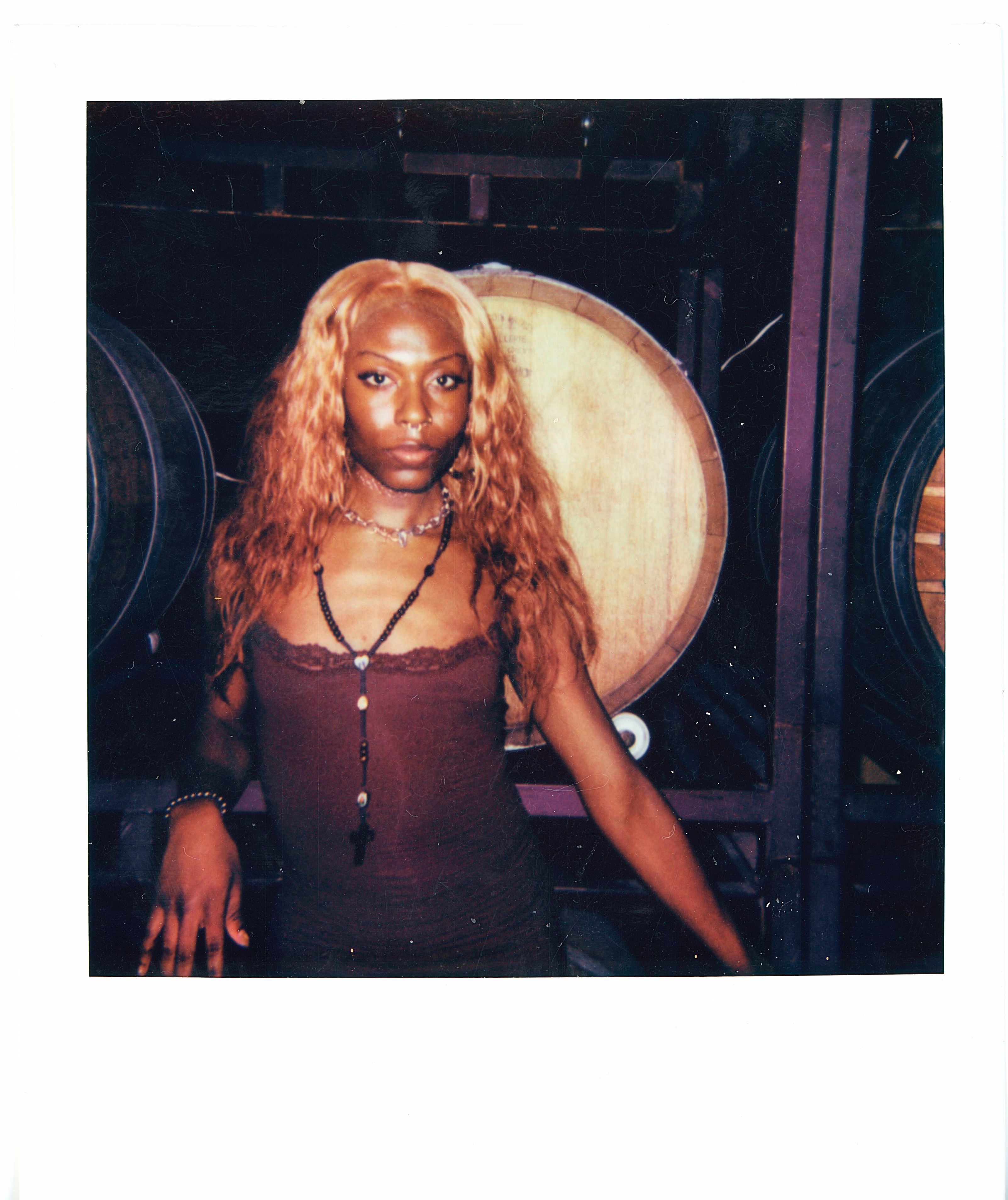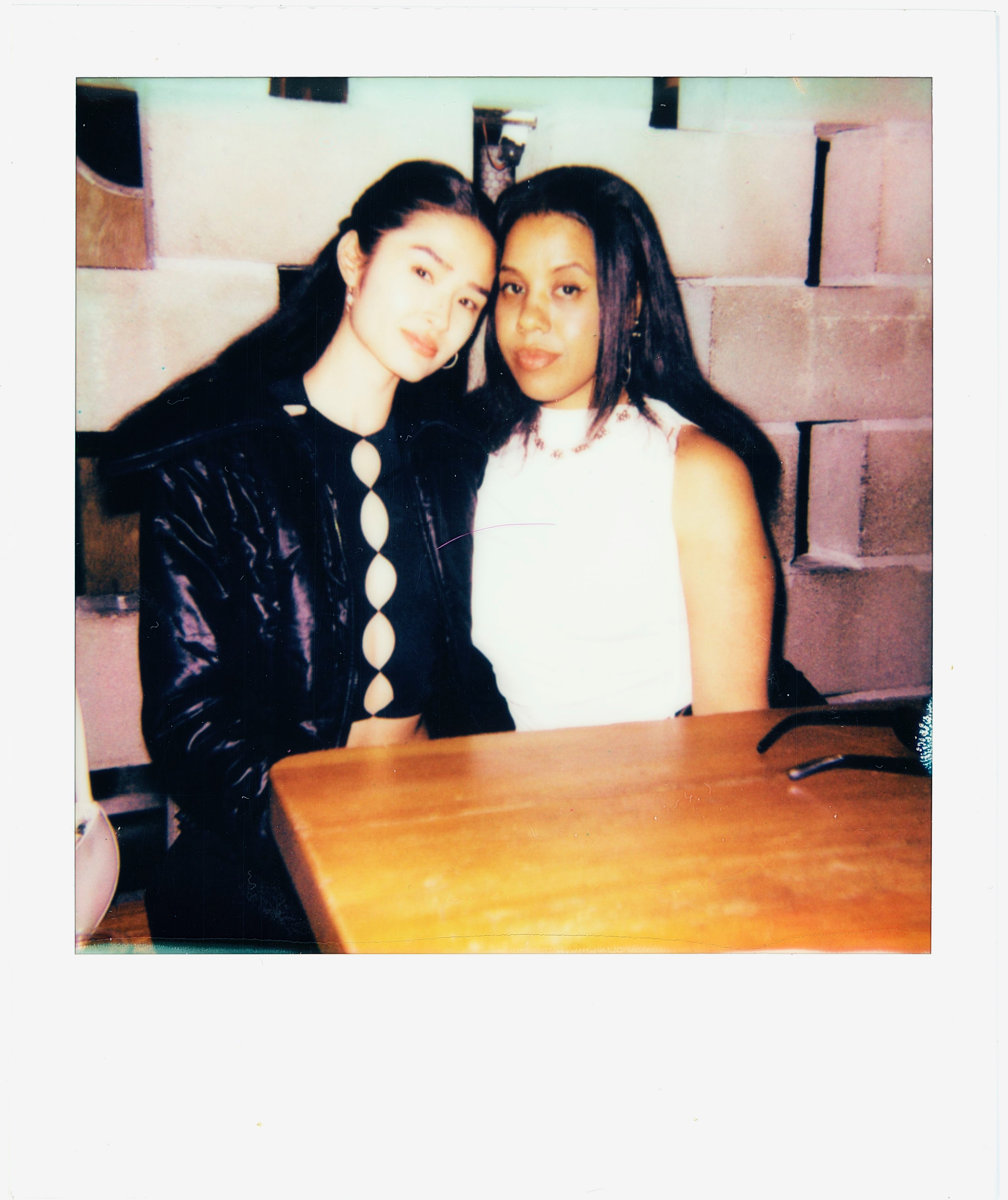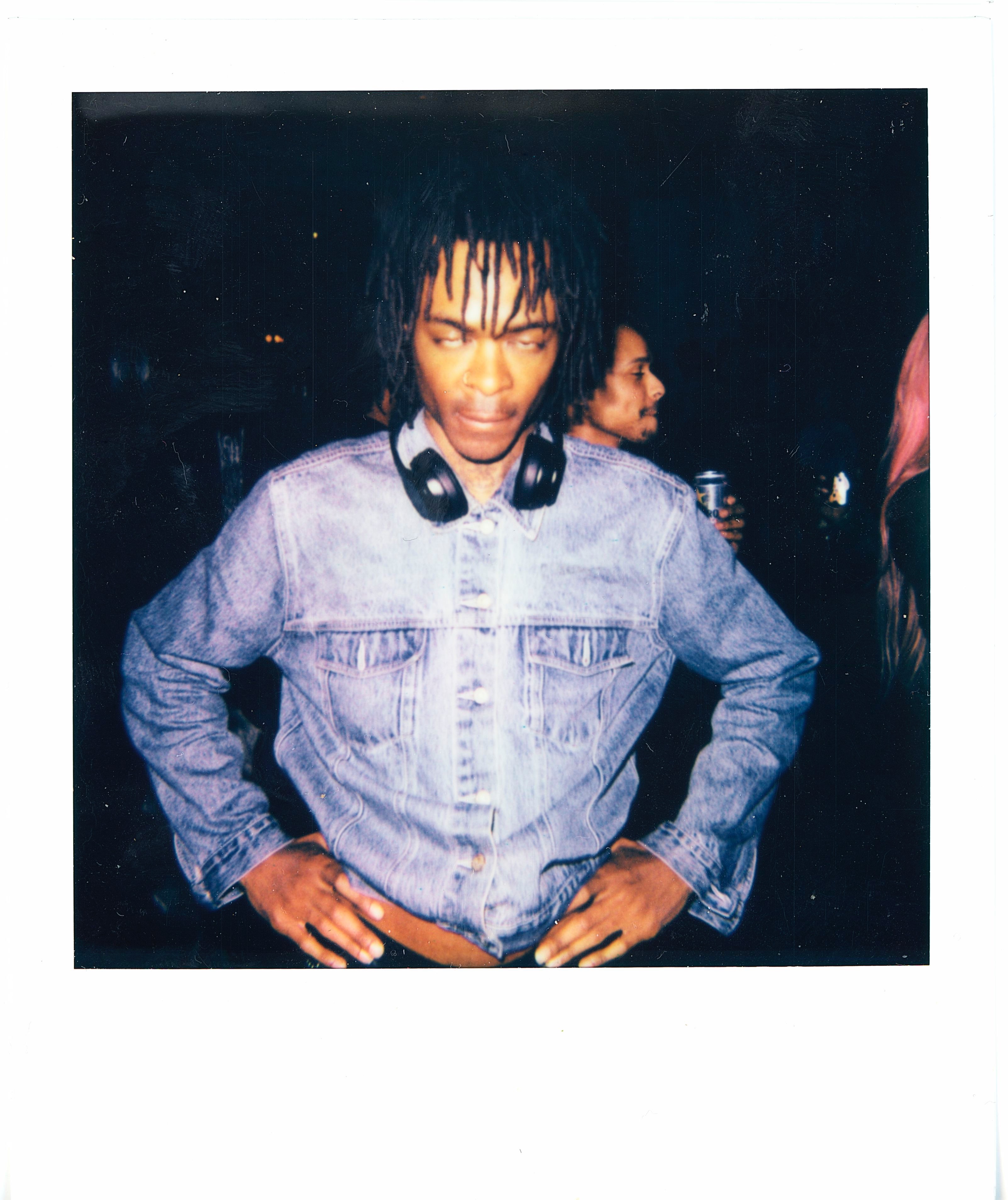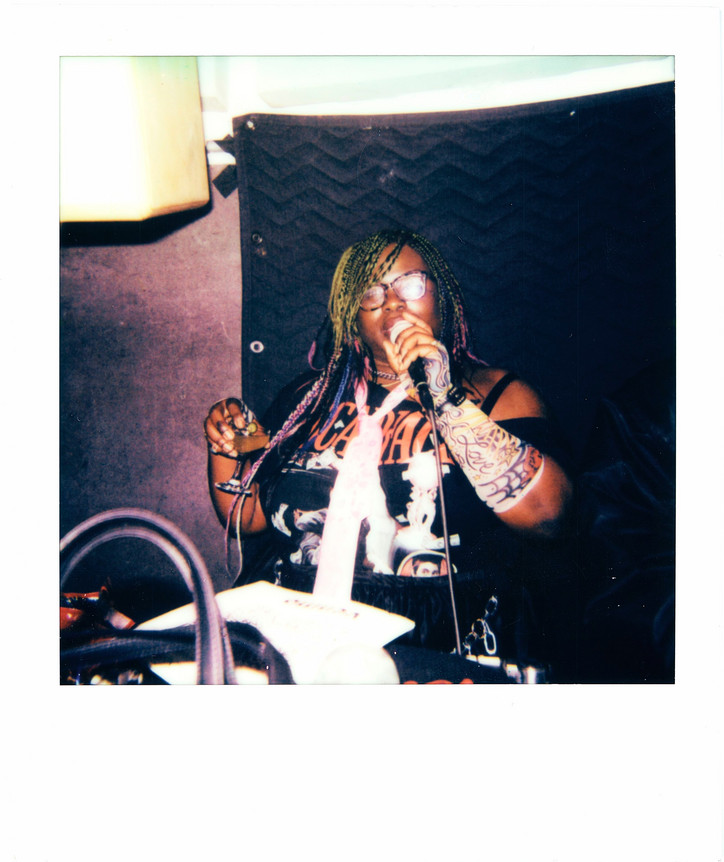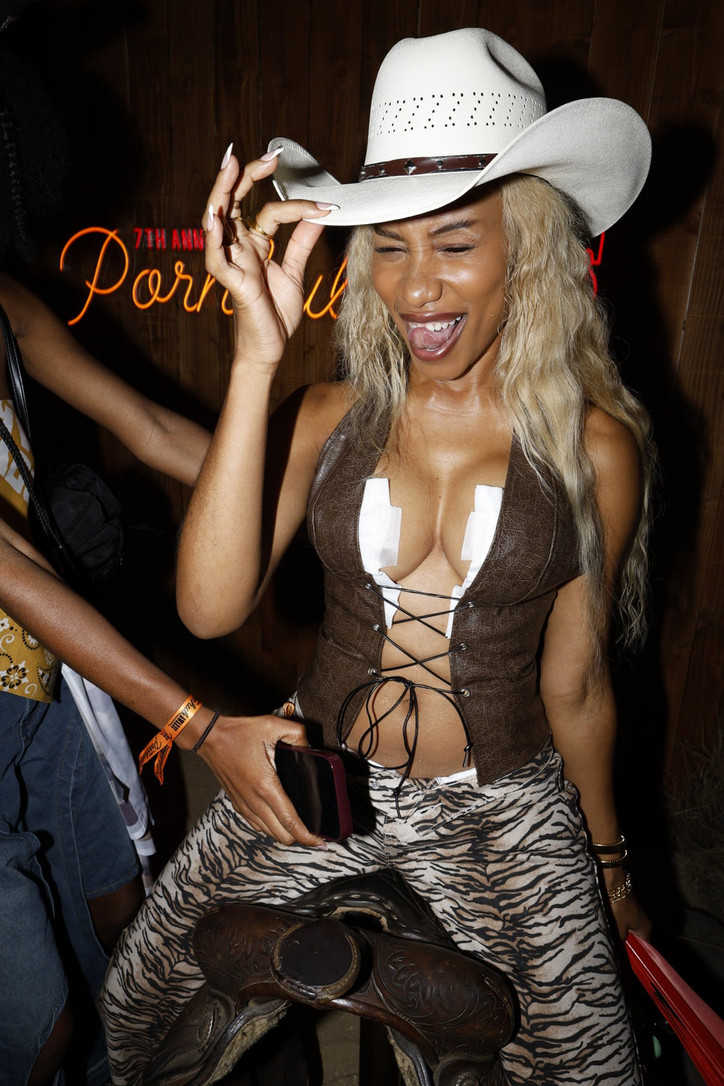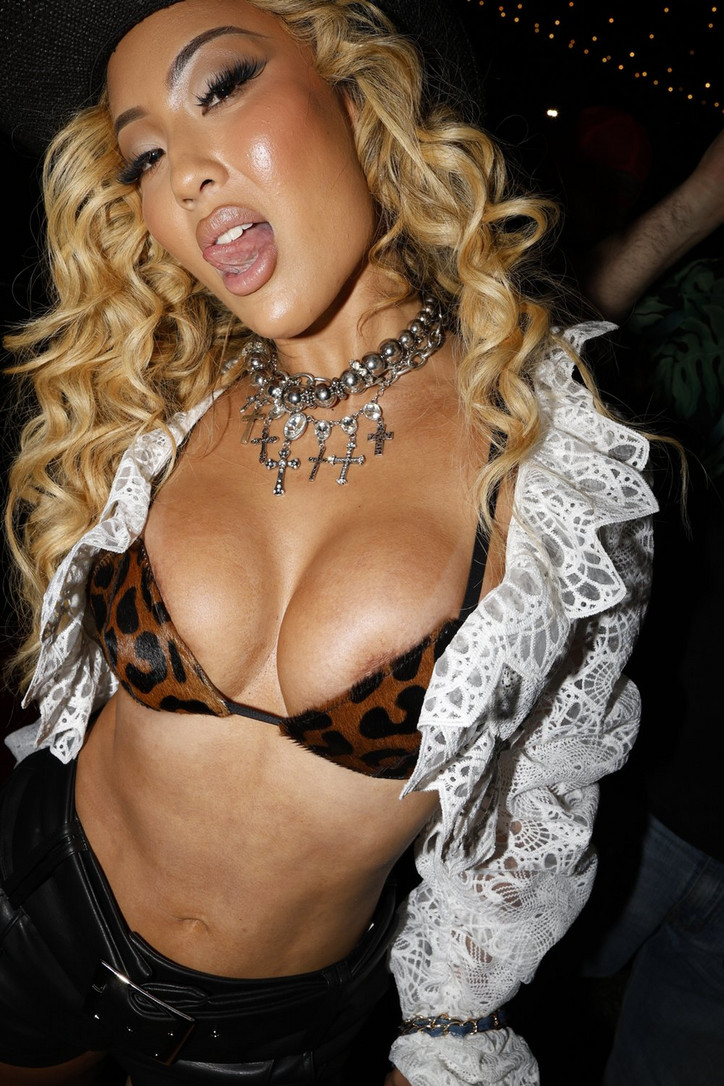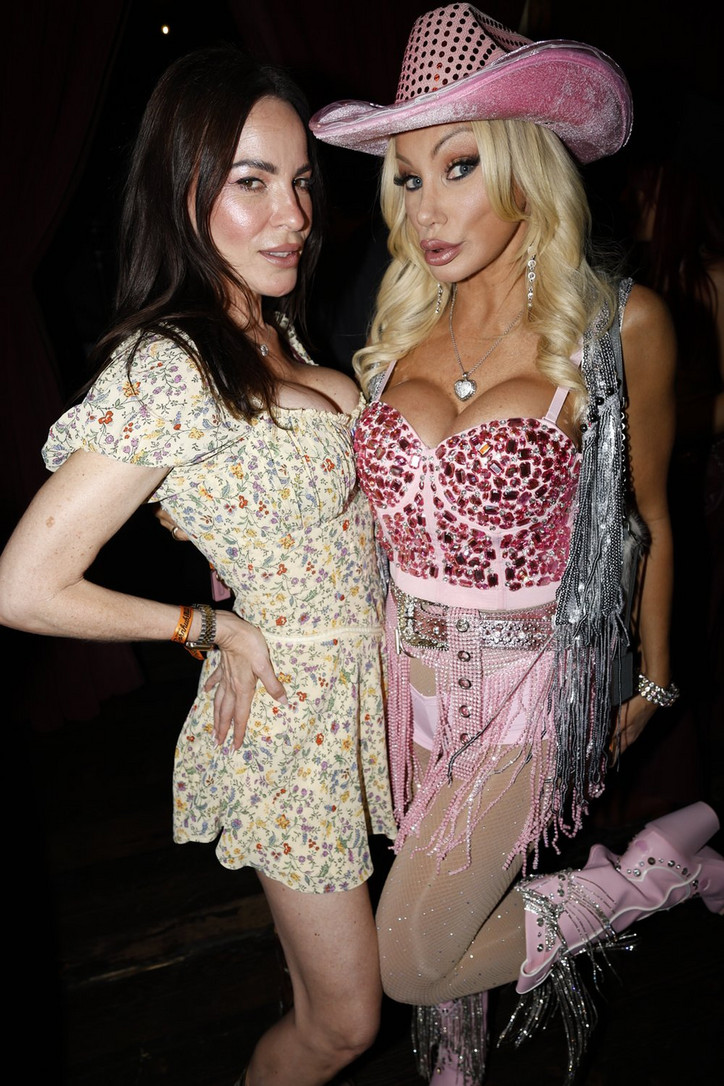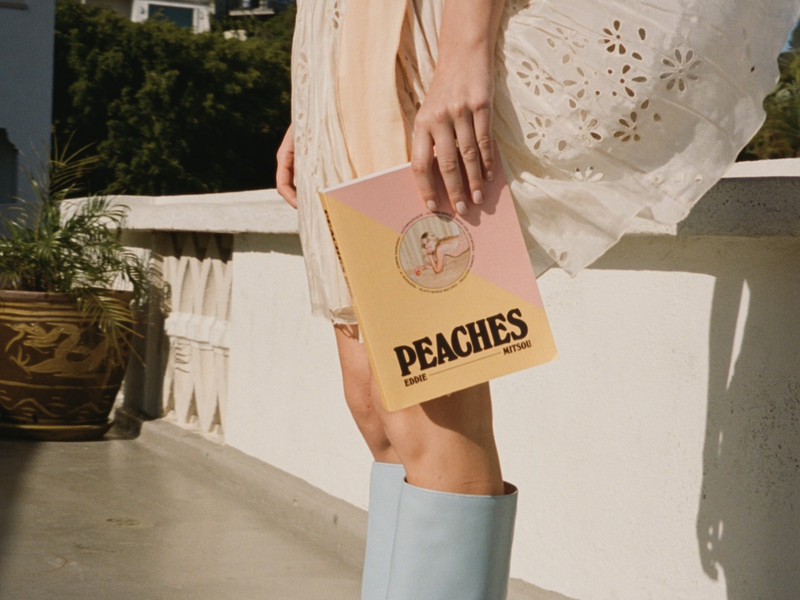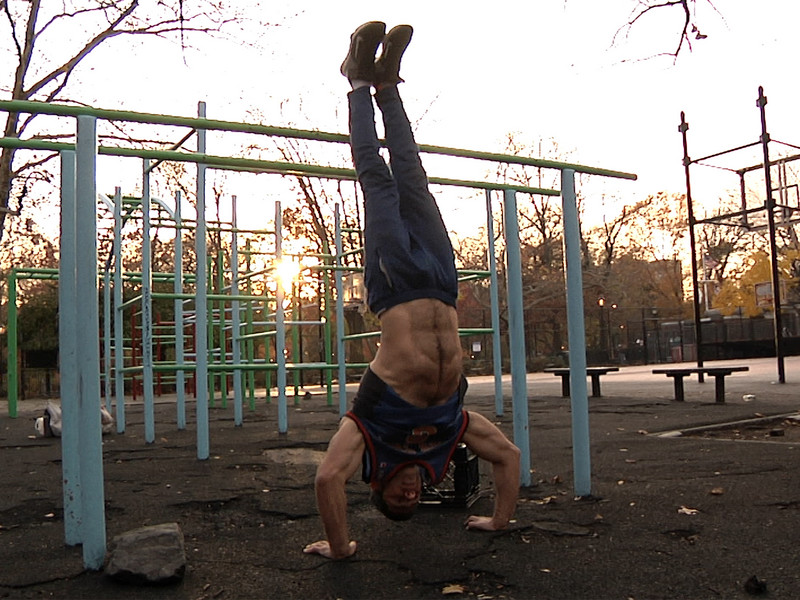Playboy is not an autobiography, and Constance Debré is not an author
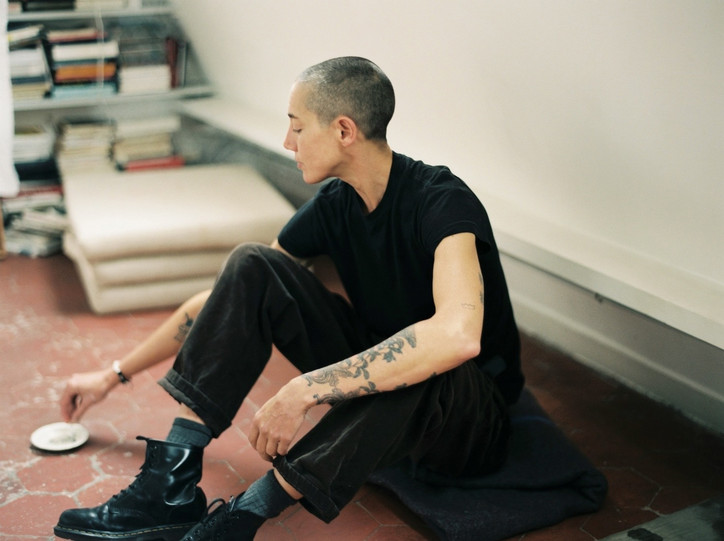
To label Constance Debré an author is not contrary to calling her books autobiographical. It’s equally false and misleading, as askew as labeling Hilma Af Klint an abstractionist, for all I know. Through her writing, Debré calls to a consciousness many seem to have forgotten, now so foreign the language is practically lost, a vocabulary which never really were our own.
By putting her characters at odds with the so-called liberal societal standards, Debré (the lawyer) calls them to the stand only to strip them naked, leaving words dressed in nothing but shame in their conservative shadows. But the magnitude of the work transcends beyond the page, realized only once Debré's readers allow her practice to decolonize their minds just as she undresses her page. However, it is my second belief, they don’t.
“The world of literature should be more free than that other world,” said Debré at Albertine. It was a Sunday when the French book store on Fifth Avenue celebrated the launch of Debré's debut book, Playboy (the American edition), translated by Holly James. French and Americans mingled like yin and yang. As an author, Debré's ambition gains prominence throughout each of her books by acquiring the same weapons — love, sex, family, motherhood — only to have them all slaughter each other on the bourgeois battleground or in the courtroom.
It is no wonder Debré seeks freedom in literature’s alternative reality. The autocracy of her life had been inaccessible, hidden behind a bourgeois background. Perhaps her relentless search for justice made her realize that she deserves some of her own. At the age of forty, she abandoned her marriage, her career, and the bourgeois to become the lesbian writer who tells us about conventions, convictions, constraints. Through a poetic sensibility, she shares her know-how on how to take a piss on the social order’s worn-out contracts.
Debré leaves us with disorder and disorientation, the same could be said about her short talk on Sunday. Yet she does not do so for the sake of simply being provocative, "but because there is truth to be found in looking at things upside down.” Posing questions about what love means without (financial) stability, what family implies once it's not just for the sake of keeping it together, or, if one has to become a victim in order to justify their suffering, Debre’s answer is obviously no, but that’s almost beside the point. Addressing the commodification and acceptance of false values as the absolut is at the core of her work.
Debré’s linguistic efforts towards, not objectivity, but liberty, have a lot in common with the qualities of painterly Suprematism. She sees the world in different, perhaps unfixed, “shapes” and raises her razor sharp eyebrows to the idea of a self: “I’m only using [my life] as material, there is no identity.” Thus she doesn't just approach a theme from “upside down” but she intentionally lets the whole form fall apart, pointing the finger at gravity.
After the presentation, Debré receives questions from the audience. There’s one in particular which stresses her case: “Why is the [previous] book called "Love Me Tender," when it's not exactly about tender love?” Debré can’t seem to escape herself; as a lawyer: stuck in the past, as a writer: trapped in autobiography, as a portrayer of delicate love perceived as fierce. It's a confusion which has little, yet everything, to do with her way of writing.
She prefers the American approach to language because it’s what she refers to as “fat-free,” free of the French ornamentation in her native tongue. But once the fat is gone and the words are beautiful in their selected few, the art coefficient shines bright; Duchamp's definition of the gap between the artist's intention and its audience's realization has never felt as present as when the question above filled the room. The relation between the unexpressed but intended and the unintentionally expressed became crystal clear. “But isn't the relationship just that — tender?” answered Debré.
Debré can continue reforming her shapes, or reshaping her forms, but to some a square will remain a square, while a globe will always be a circle. This isn’t to say that her work, as a literary lawyer, a Suprematist, or simply, as an author, isn’t capable of confronting the conformative, it’s a testimony to the relevance and shortage of work like hers. It’s also an acknowledgement that perhaps a book can indeed only be read by people who know how to read it. However, perceiving it your own way makes you guilty of no crime, as long as it is just that: your own.

